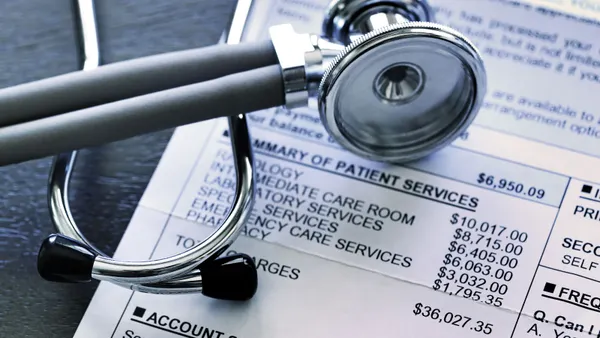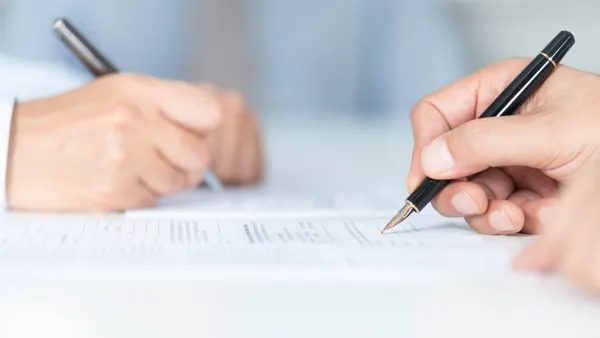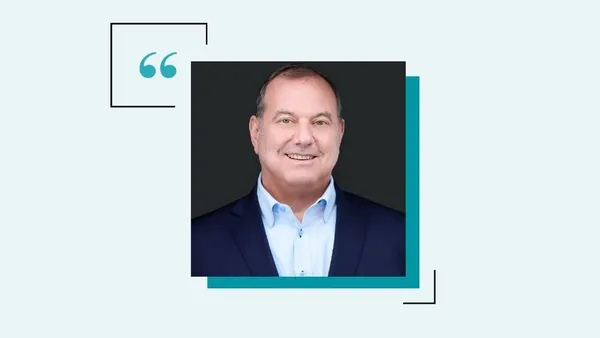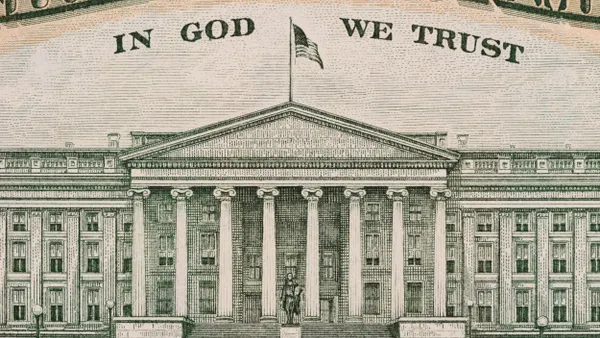The U.S. Supreme Court on Monday ruled that the Securities and Exchange Commission can force wrongdoers to give back the profits of their illegal conduct. However, it put a new limit on how much can be recouped.
In an 8-1 decision, the justices ruled that the SEC’s disgorgement authority is limited to the illegal net profits of the defendants, which must then be given as restitution to victims who were defrauded.
The challenge to the SEC’s authority to punish fraudsters was brought by Charles Liu and Xin Wang, a couple who had solicited $27 million from foreign investors to build cancer treatment centers.
“The court holds today that a disgorgement award that does not exceed a wrongdoer’s net profits and is awarded for victims is equitable relief permissible under” federal law, Justice Sonia Sotomayor said in Liu vs. SEC. The law has “long authorized courts to strip wrongdoers of their ill-gotten gains.”
In an entirely separate matter, the U.S. Supreme Court refused to examine an Internal Revenue Service regulation that forces companies to allocate some of the expense of their employee stock payments to foreign subsidiaries. The justices turned away an appeal on the matter by Intel’s Altera unit. Tech companies had said the limiting of deductions for employee stock payments would cost them billions of dollars. That’s because some of those subsidiaries are in tax havens, like the Cayman Islands, where the companies’ have no tax liability, making the deductions worthless.
The New York Stock Exchange continues to push for a rule change that would allow companies that go public through a direct listing to sell shares directly to investors. Currently, companies that use direct listings cannot raise capital in the process. The NYSE said the option to do so would allow for more efficient pricing. In the latest submission to the SEC, the NYSE described a mechanism for the first trade under a capital-raising direct listing, including how a floor price for the shares would be set.
On Tuesday, the SEC announced an award of about $125,000 to a whistleblower whose information and assistance helped both the SEC and another agency bring successful actions against the perpetrator of a fraudulent securities offering.
“The whistleblower’s tip helped stop a fraudulent scheme that preyed on a vulnerable investor community,” said Jane Norberg, Chief of the SEC’s office of the whistleblower. The SEC has awarded about $501 million to 85 individuals since 2012.
This year’s bank stress tests will use a pandemic-specific analysis to decide whether financial institutions can pay out funds to investors, said Fed Vice Chair Randal Quarles last week. The pandemic-related sensitivity analysis will judge how banks perform against a rapid “V-shaped” recovery, a slower “U-shaped” recovery, and a tumultuous “W-shaped” recovery, according to Reuters. The latter two are expected to be more severe than the original Fed stress test, according to Quarles.
According to the Wall Street Journal, a bipartisan group of House members, led by Rep. Van Taylor, Texas Republican, will ask the Federal Reserve and Treasury to set up a lending facility to support borrowers in the commercial mortgage-backed securities market.
Many hotels, shopping malls, and office buildings have been unable to “negotiate debt reprieves during the coronavirus pandemic,” the Journal reports.
According to the letter, “Without a long-term relief plan in the face of an elongated crisis, CMBS borrowers could face a historic wave of foreclosures starting this fall, impacting local communities and destroying jobs for Americans across the country.”
Eurozone banks borrowed a record 1.31 trillion euros ($1.47 trillion) from the European Central Bank in one day last week “to meet the growing demand for credit from companies hit by the deepest recession in living memory,” Reuters reported. Banks will get the cash for three years at a rate as low as minus 1%. The “ultra-cheap lending is effectively a subsidy for the banking system,” The Financial Times said.













